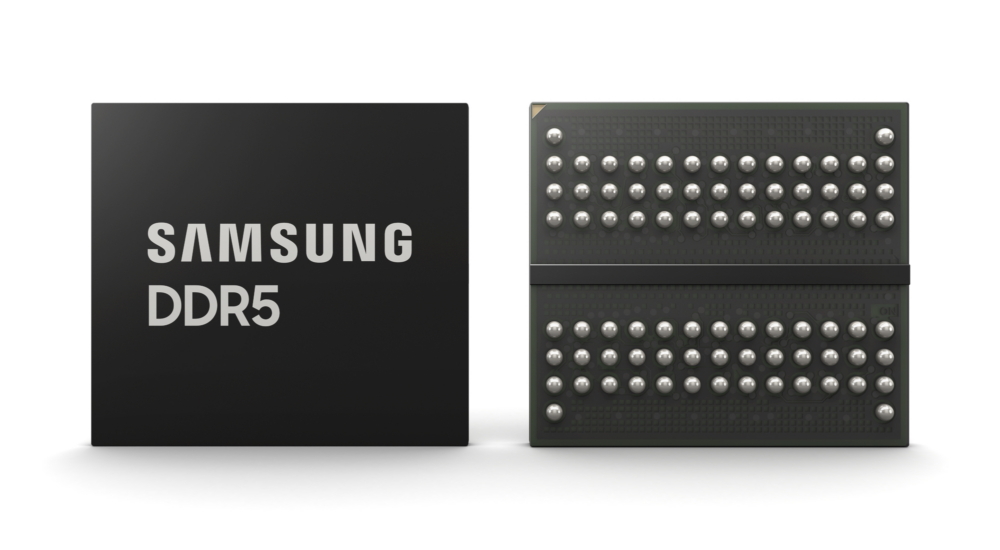Samsung starts mass production of 14-nm DRAM with EUV technology
Samsung Electronics, which is the world leader in advanced memory technology, has begun mass producing 14-nanometer (nm) DRAM (dynamic random-access memory) based on extreme ultraviolet (EUV) technology. Samsung said this is the industry’s smallest 14-nm DRAM.
Samsung had shipped EUV DRAM in March 2020. Now it has increased the number of EUV layers to five to deliver the most advanced DRAM process for its DDR5 solutions.
The EUV technology reduces repetitive steps in multi-patterning and improves patterning accuracy, resulting in better performance and greater yields as well as shortened development time.
- Samsung kickstarts LPDDR5 production using breakthrough process technology
- Intel Alder Lake-S will support DDR5 according to new benchmark
- DRAM prices are set for major drop off
Samsung says this is another technology milestone

Samsung said it expected the latest process to increase the productivity rate by 20% and reduce power consumption by nearly 20%.
DDR5 is aimed at the demands of compute-hungry, high-bandwidth workloads in supercomputing, artificial intelligence (AI) and machine learning (ML), as well as data analytics applications.
“We have led the DRAM market for nearly three decades by pioneering key patterning technology innovations,” Jooyoung Lee, Senior Vice President and Head of DRAM Product & Technology at Samsung Electronics was quoted as saying in a press statement.
“Today, Samsung is setting another technology milestone with multi-layer EUV that has enabled extreme miniaturization at 14nm — a feat not possible with the conventional argon fluoride (ArF) process. Building on this advancement, we will continue to provide the most differentiated memory solutions by fully addressing the need for greater performance and capacity in the data-driven world of 5G, AI and the metaverse,” he added.
Samsung’s 14nm DRAM promises to double the performance at up to 7,200 megabits per second (Mbps), which is good enough speed to process two 30GB ultra-high definition movies in one second.
Samsung said it plans to expand its 14nm DDR5 portfolio to support data center, supercomputer and enterprise server applications. Also, Samsung expects to grow its 14nm DRAM chip density to 24Gb in better meeting the rapidly-growing data demands.
from TechRadar - All the latest technology news https://ift.tt/2X3XHDD

Comments
Post a Comment